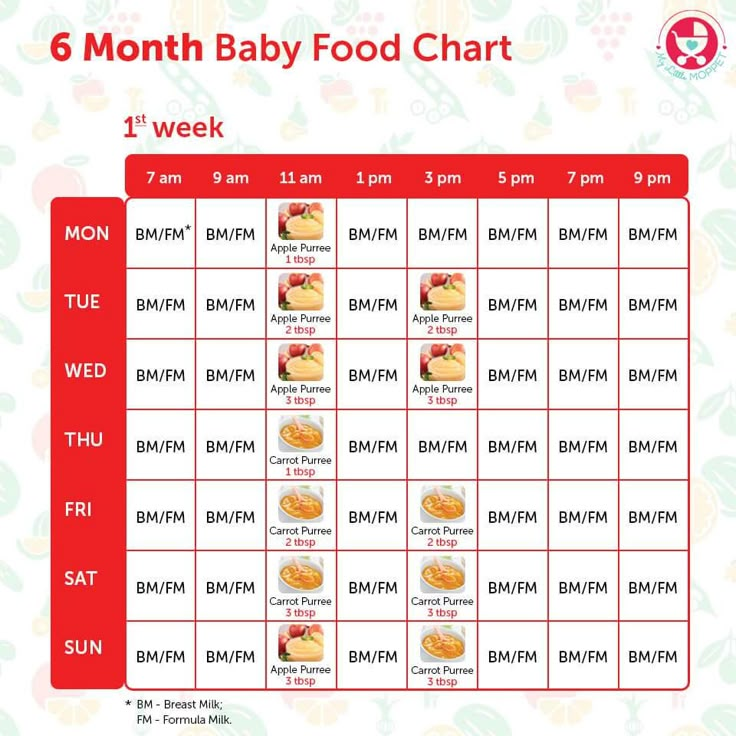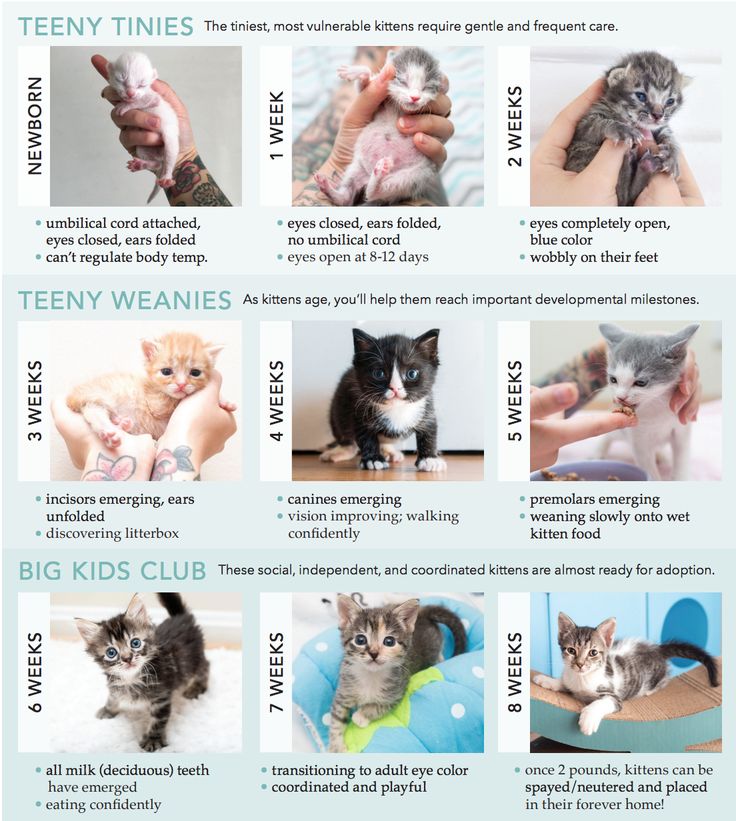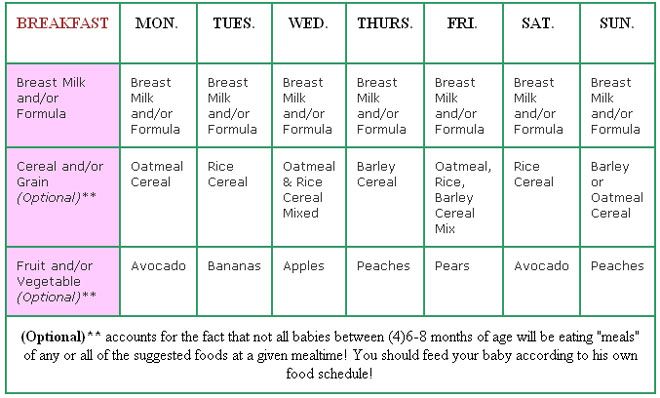Food chart for babies in tamil
6 months baby food chart in tamil
6 months baby food chart in tamil: 6 மாத குழந்தைக்கான உணவு முறைகள் (இந்திய குழந்தைகளுக்கானது)
6 months baby food chart in tamil:
முதல் வாரம் :
2வது வாரம்:
3வது வாரம்:
4வது வாரம்:
6 month baby food recipes:
குறிப்பு :
6 months baby food chart in tamil:
அடிக்கடி கேட்கப்படும் கேள்விகள்
மேலும் படிக்க
குழந்தைகளுக்கான முளைகட்டிய சத்துமாவுப்பொடி/ வீட்டிலேயே தயாரிக்கப்பட்ட செர்லாக். குழந்தைகள் மற்றும் சிறுவர்களுக்கான உலர் பழப்பொடி. சிறுவர்களுக்கான பான் கேக் மிக்ஸ்.
6 months baby food chart in tamil:
அம்மாக்களே… உங்கள் குழந்தை 6 வது மாதத்தை தொடும் போது திட உணவுகளை உட்கொள்ள தயாராகிவிட்டது என்று அர்த்தம்.. இந்த நாட்களில் நீங்கள் உங்கள் குழந்தைக்கு திட உணவை கொடுக்க ஆரம்பிக்கலாம்… ஆனால் 3 நாள் விதியை பின்பற்றுவது அவசியம்…
திட உணவை கொடுக்கும் போது அது அவர்களுக்கு கூடுதல் உணவாகத் தான் இருக்க வேண்டும். தாய்ப்பால் தான் குழந்தைக்கு பிரதான உணவு என்பதை மறந்து விடாதீர்கள்…
குழந்தைக்கு உணவு கொடுக்க பயன்படுத்தும் பாத்திரங்களை வெந்நீரில் கழுவிய பின் பயன்படுத்துவது நல்லது.
குழந்தைக்கு சுமார் 90 மில்லி உணவை நீங்கள் ஒரு முறை கொடுக்க வேண்டும். இதனை நாளொன்றுக்கு 2 முறை கொடுத்து வர வேண்டும்.
6 மாத குழந்தைக்கு என்னென்ன உணவுகளை கொடுக்க வேண்டும் என்ற விபரம் கொடுக்கப்பட்டுள்ளது.
6 month baby food:
முதல் வாரம் :
| திங்கள் | நாளொன்றுக்கு ஒரு டேபிள் ஸ்பூன் வீதம்( முதன்முதலில் கொடுக்க வேக வைத்து மசித்த ஆப்பிள் ஏற்றது) இத்துடன் தாய்ப்பால் அல்லது பார்முலா மில்க் சேர்த்து தரலாம்… |
| செவ்வாய் | வேகவைத்து மசித்த ஆப்பிளை 2 டேபிள் ஸ்பூன் வீதம் 2 முறை கொடுக்க வேண்டும் |
| புதன் | வேகவைத்து மசித்த ஆப்பிளை 3 டேபிள் ஸ்பூன் வீதம் 2 முறை கொடுக்க வேண்டும் |
| வியாழன் | ஆப்பிளுக்கு பிறகு நீங்கள் காய்கறிகளை கொடுக்க ஆரம்பிக்கலாம். அதில் கேரட் குழந்தைக்கு ஏற்ற உணவு. கேரட்டை வேக வைத்து மசித்தோ அல்லது ஜூஸாகவோ ஒரு டேபிள் ஸ்பூன் என ஒருவேளை தரலாம்… |
| வெள்ளி | வேகவைத்து மசித்த கேரட் அல்லது ஜூஸை 2 டேபிள் ஸ்பூன் வீதம் 2 முறை தரவும் |
| சனி | வேகவைத்து மசித்த கேரட் அல்லது ஜூஸை 3 டேபிள் ஸ்பூன் என 2 வேளை தரவும்.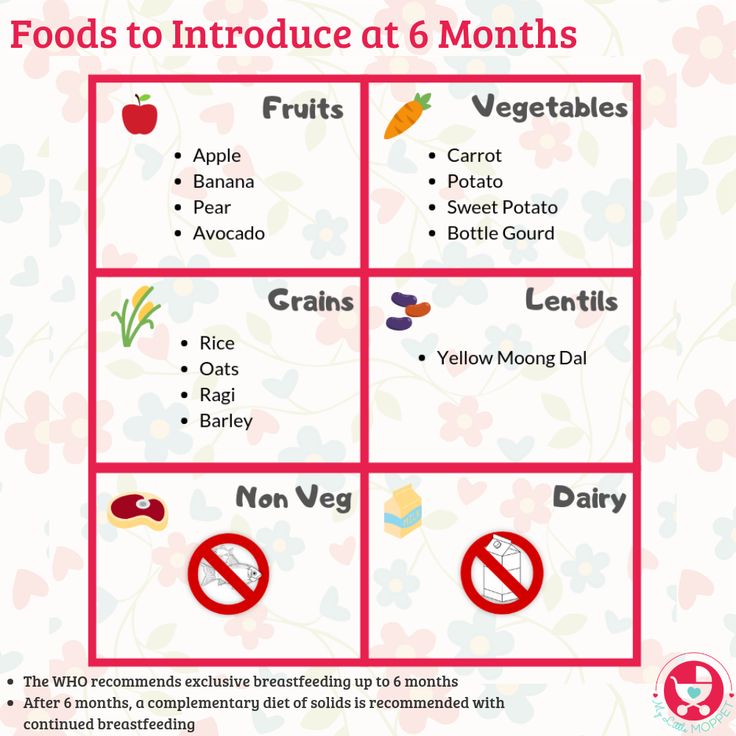 |
| ஞாயிறு | காலையில் வேகவைத்து மசித்த ஆப்பிள்… மாலையில் வேகவைத்து மசித்த கேரட் அல்லது ஜூஸ்… |
2வது வாரம்:
குழந்தைக்கு உணவு கொடுக்கும் நேரத்தை உங்கள் வசதிக்கேற்ற படி அமைத்துக் கொள்ளலாம்…
பொதுவாக காலையில் 11 மணிக்கும், பிற்பகல் 3 மணிக்கும் உணவு கொடுப்பது நல்லது..
3வது வாரம்:
| நாள் | 11AM | 3PM |
| திங்கள் | அரிசி கஞ்சி | ஆப்பிள் கூழ் |
| செவ்வாய் | பார்லி வேகவைத்த நீர் | வேகவைத்து மசித்த சுரைக்காய் |
| புதன் | கேரட் ஜூஸ் | வேகவைத்து மசித்த பீட்ரூட் |
| வியாழன் | உருளைக்கிழங்கு சூப் | ஏதேனும் தானிய வகை |
| வெள்ளி | சர்க்கரைவள்ளி கிழங்கு மசித்தது | ஓட்ஸ் கஞ்சி |
| சனி | ஆரஞ்ச் ஜூஸ் | வேகவைத்து மசித்த புடலங்காய் |
| ஞாயிறு | மசித்த வாழைப்பழம் | அரிசி கஞ்சி |
4வது வாரம்:
| நாள் | 11AM | 3PM |
| திங்கள் | துவரம்பருப்பு பூண்டு மசியல் | பீட்ரூட் உருளைக்கிழங்கு மசித்தது |
| செவ்வாய் | மசித்த அரிசி சாதம் | வேகவைத்து மசித்த சுரைக்காய் |
| புதன் | ஓட்ஸ் கீர் | வேகவைத்து மசித்த பேரிக்காய் |
| வியாழன் | வேகவை-த்து மசித்த கேரட் உருளை | கோதுமை கஞ்சி |
| வெள்ளி | வேகவைத்து மசித்த காய்கறிகள் | திராட்சை ஜூஸ் |
| சனி | பார்லி கஞ்சி | வேகவைத்து மசித்த புடலங்காய் |
| ஞாயிறு | கேரட் ஜூஸ் | ரவை கீர் |
6 month baby food recipes:
குறிப்பு :
6 மாத குழந்தைக்கு என்னென்ன உணவு வகைகளை எல்லாம் கொடுக்கலாம் என்பதற்கான சாம்பிள் தான் இது.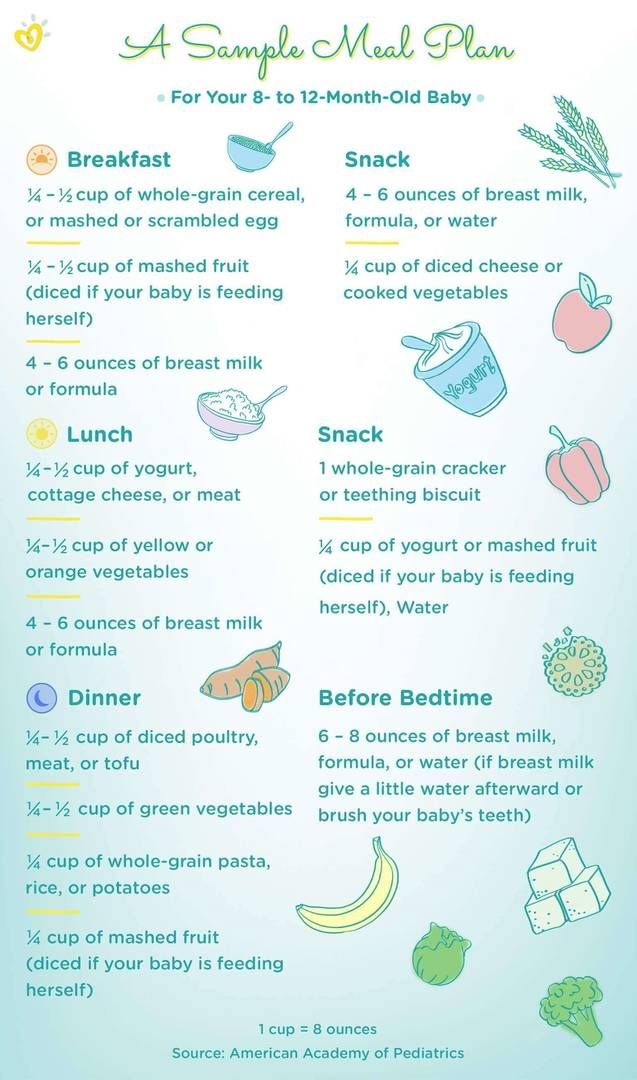 இந்த பட்டியலை தான் நீங்கள் பின்பற்ற வேண்டும் என்ற கட்டாயமில்லை…
இந்த பட்டியலை தான் நீங்கள் பின்பற்ற வேண்டும் என்ற கட்டாயமில்லை…
இந்த உணவு வகைகள் எல்லாம் உங்கள் குழந்தைக்கு ஒத்துக் கொள்கிறதா? என்பதை முதலில் பரிசோதிக்க வேண்டும். நீங்கள் கொடுக்கும் உணவை எல்லாம் குழந்தை சாப்பிட வேண்டும் என நீங்கள் நினைப்பது கூடாது. இதில் பொறுமை ரொம்பவே முக்கியம். தனக்கு ஏற்ற உணவை குழந்தை முழுமையாக சாப்பிட கூடுதலாக 2 மாதங்கள் கூட ஆகலாம் என்பதை நினைவில் கொள்ளுங்கள்-
குழந்தைக்கு உணவு ஒத்துக் கொள்ளவில்லை என்பதை எப்படி கண்டறிவது?
நீங்கள் கொடுக்கும் உணவு குழந்தைக்கு ஒத்துக்கொள்ளவில்லை என்றால் கீழ்கண்ட உபாதைகள் ஏற்படும்…
- வயிற்றுப்போக்கு
- மலச்சிக்கல்
- வாந்தி
- தோல் தடித்தல்
- இடைவிடாத அழுகை(வயிற்று வலியின் காரணமாக)
உணவால் குழந்தைக்கு ஒவ்வாமை ஏற்பட்டால் என்ன செய்ய வேண்டும்?
குறிப்பிட்ட ஒரு உணவின் மூலம் குழந்தைக்கு அலர்ஜி ஏற்பட்டால் உடனடியாக அந்த உணவை நிறுத்தி விட வேண்டும். 2 மாதங்களுக்கு பிறகு மீண்டும் அதே உணவை கொடுக்கலாம்.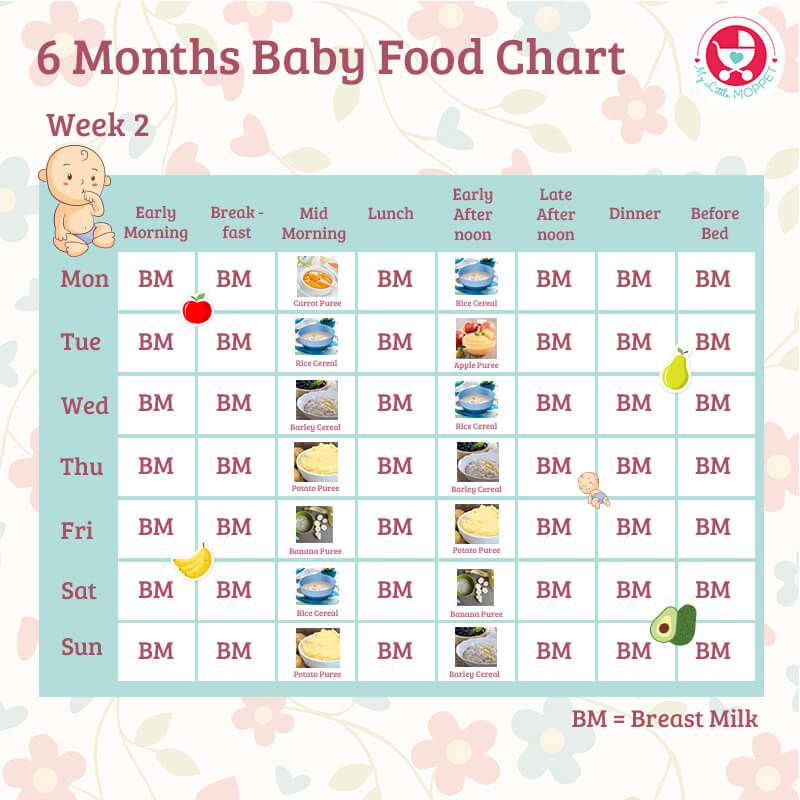 அப்போதும் நீங்கள் 3 நாள் சோதனையை பின்பற்றுவது அவசியம்…
அப்போதும் நீங்கள் 3 நாள் சோதனையை பின்பற்றுவது அவசியம்…
குழந்தையின் உணவு பழக்கம் குறித்த ஒரு டயரியை வைத்துக் கொள்ளுங்கள். அதில் குழந்தைக்கு பிடித்த உணவு வகைகள் மற்றும் அலர்ஜி ஏற்படுத்தும் உணவுகள் குறித்து குறிப்பிட்டு வாருங்கள்…
உங்கள் குழந்தைகளுக்கான வீட்டிலேயே தயாரித்த ஆர்கானிக் உணவு வகைகளை பற்றி அறிய இங்கே கிளிக் செய்யுங்கள்.
உங்கள் குழந்தைகளுக்கான ஆரோக்கியமான ரெசிபி வீடியோக்களை காண இங்கே கிளிக் செய்யவும்.
குழந்தை வளர்ப்பு பற்றிய உபயோகமான தகவல்களை அறிய எங்கள் My Little Moppet Tamil Facebook page-ஐ தொடருங்கள்.
குழந்தை வளர்ப்பு பற்றிய உங்களது சந்தேகங்களை 1000 தாய்மார்கள் கொண்ட எங்களது குரூப்பில் இணைந்திடுங்கள்.
6 months baby food chart in tamil:
அடிக்கடி கேட்கப்படும் கேள்விகள்
குழந்தைகளுக்கு திடஉணவு எப்பொழுது கொடுக்கலாம் ?
குழந்தைகளுக்கு ஆறு மாத காலத்திலிருந்து திட உணவு கொடுக்க ஆரம்பிக்கலாம்.
குழந்தைகளுக்கு ஆறு மாத காலத்திற்கு முன் தண்ணீர் கொடுக்கலாமா?
உலக சுகாதார நிறுவனத்தின் கருத்துப்படி ஆறு மாத காலம் வரை குழந்தைகளுக்கு தாய்ப்பால் மற்றும் பார்முலா மில்க் மட்டுமே போதுமானது.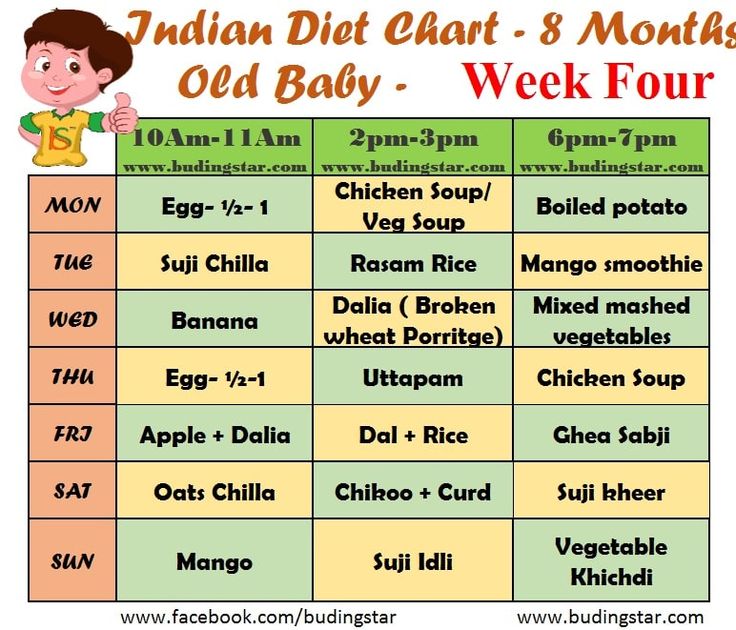 தண்ணீர் கூட கொடுக்க தேவையில்லை.
தண்ணீர் கூட கொடுக்க தேவையில்லை.
குழந்தைகளுக்கு உணவில் உப்பு சேர்க்கலாமா ?
குழந்தைகளுக்கு ஒரு வயது ஆகும்வரை உணவில் உப்பு சேர்க்க கூடாது.
குழந்தைகளுக்கு உணவில் சர்க்கரை சேர்க்கலாமா ?
குழந்தைகளுக்கு ஒரு வயது ஆகும்வரை சர்க்கரை சேர்க்கக்கூடாது.தேவைப்பட்டால் இனிப்பு சுவைக்கு பழக்கூழ் சேர்த்து கொள்ளலாம்.
குழந்தைகளுக்கு மாட்டுப்பால் கொடுக்கலாமா?
மாட்டுப்பால் செரிமானம் ஆகாது என்பதால் ஒரு வயது வரை உணவில் மாட்டுப்பால் சேர்க்கக்கூடாது.
6 மாத குழந்தைகளுக்கான உணவு அட்டவணை
4 years ago Baby Destination Editor
50739 பார்வைகள்
பெரும்பாலான தாய்மார்களுக்கு தாய்ப்பாலுக்கு பிறகு குழந்தைக்கு (6 months Babies Food chart) என்ன தர வேண்டும் என்பதில் எப்போதும் குழப்பமே.
6 மாதத்துக்குள் உள்ள குழந்தைகளுக்கு தாய்ப்பாலை விட சிறந்த உணவு எதுவும் இல்லை.
சில குழந்தைகள் 5 மாத முடிந்த உடனே திட உணவுக்குத் தயாராகி விடுவார்கள். ஆனால், திட உணவுக்கு குழந்தைகள் தயாரா என்பதைக் கண்டுபிடிப்பது முக்கியம்.
- தாய்ப்பால் கொடுத்த பிறகு அழுது கொண்டு இருப்பது, கைகளை சூப்புவது.
- தலை சரியாக நின்றுவிடுதல்.
- உணவைப் பார்த்து சப்பு கொட்டுவது, உணவின் மீது ஆர்வம் காட்டுவது.
- நல்ல, சுத்தமான ஸ்பூனை குழந்தையின் வாயில் வைத்துப் பாருங்கள். குழந்தையால் அந்த ஸ்பூனை சப்ப முடிகிறதா… பிடிக்க முடிகிறதா…
- முதல் முறையாக குழந்தை திட உணவை சுவைத்து, தன் நாக்குக்கு புது சுவையை அறிமுகப்படுத்துவதால் குறைவான அளவிலிருந்து உணவைக் கொடுக்க தொடங்கலாம்.
- யாருடைய துணையும் இல்லாமல் தானாக உட்காருவது.
- ஒரே உணவைக் கொடுக்காமல் மாற்றி மாற்றிக் கொடுப்பதும் நல்லது.
இதையும் படிக்க: உணவுகள் மூலம் தாய்ப்பாலை அதிகமாக சுரக்க வைப்பது எப்படி?
திட உணவு கொடுக்கும்போது நினைவில் வைக்க வேண்டியவை- பழங்களின் கூழ் (Fruit Purees) பெஸ்ட்.
- முதல் முதலில் கொடுத்தால், ஒரு நாளைக்கு ஒரு ஸ்பூன் என ஆரம்பித்து படிபடியாக உணவின் அளவை அதிகரிக்கலாம்.
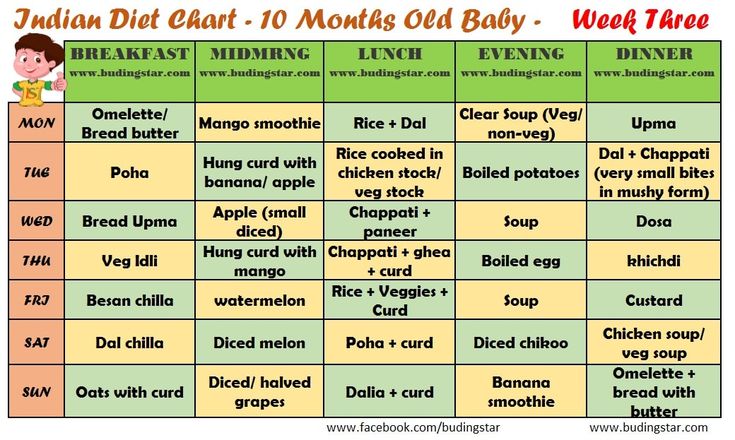
- குழந்தையை கட்டாயப்படுத்தி உணவை ஊட்ட கூடாது.
- குழந்தை உணவு வேண்டாம் எனக் கழுத்தை, முகத்தை திருப்பினால் உணவைக் கொடுப்பதை நிறுத்தி விட வேண்டும்.
- தாய்ப்பால் / ஃபார்முலா மில்க் காலையிலும் இரவு தூங்கும்போதும் கொடுக்கலாம்.
- மதியம் 12 மற்றும் மாலை 4 மணிக்கு திட உணவுகளைக் கொடுக்கலாம்.
- மதிய உணவு குழந்தைக்கு நல்ல சத்தான உணவாக இருப்பது மிகவும் நல்லது.
- இரண்டு முறை திட உணவுக் கொடுத்தாலும் தேவையின் போதெல்லாம் தாய்ப்பால் கொடுப்பது நல்லது.
- குழந்தைக்கு தயாரிக்கும் உணவு, குழந்தை சுவைக்கும்படி பக்குவமாக செய்வது நல்லது.
- குழந்தைக்கு ஊட்டும்போது குழந்தையை மேலே உயர்த்தி வைத்துக் கொள்ளுங்கள். உணவை குழந்தைகள் பார்க்கட்டும்.
- குழந்தை சாப்பிடுவதை நீங்கள் கவனியுங்கள். அவர்களுக்கு பிடிக்கிறதா, விழுங்க முடிகிறதா, புரை ஏறுகிறதா எனக் கவனிப்பது முக்கியம்.
- உணவு ஊட்டும் போது விளையாட்டு காண்பிக்காமல், குழந்தையிடம் பேசியபடியே உணவை ஊட்டுங்கள்.
- குழந்தை உணவைத் தொட முயற்சித்தால், தொடுவதற்கு அனுமதிக்கவும்.
- குழந்தை கையில் உணவை பிடிக்க ஆர்வம் காட்டினால், நீங்கள் கைகளில் பிடித்தபடியே, குழந்தை உணவை வாயில் வைத்து சுவைக்க அனுமதிக்கவும்.
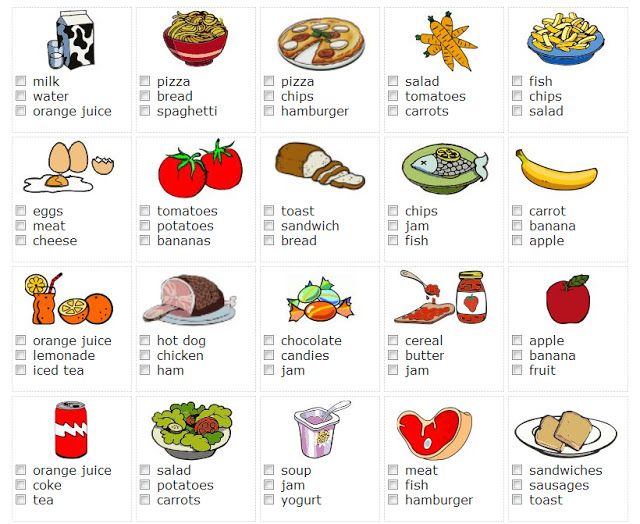
- முதல் முதலாக ஒரு உணவை கொடுத்தால் 3 நாள் வரை காத்திருந்து, மீண்டும் அந்த உணவை செய்து குழந்தைக்கு கொடுக்கலாம்.
- உதாரணத்துக்கு, இன்று கேரட் கொடுத்தால் 3 நாள் கழித்து, குழந்தைக்கு ஒத்து கொள்கிறதா எனக் கவனித்த பிறகு மீண்டும் கொடுக்கலாம்.
- குழந்தைக்கு உணவின் மூலம் அலர்ஜி வருகிறதா எனத் தெரிந்து கொள்ள, தொடக்கத்தில் ஒரு உணவை மட்டும் கொடுத்துப் பாருங்கள். பின்னர் கலவையான உணவுகளைக் கொடுக்கலாம்.
இதையும் படிக்க: குழந்தைகளுக்கு நோய் எதிர்ப்பு சக்தி தரும் 15 உணவுகள்
அலர்ஜி… அறிகுறிகள்…- இருமல்
- வயிற்று வலி
- வாந்தி
- அரிப்புகள்
- சிவந்து போகுதல்
- முகத்தில் வீக்கம்
- மூச்சு விட சிரமம்
குழந்தைக்கு உணவு தரும்போது குழந்தையை நன்றாக கவனியுங்கள். அலர்ஜி எதுவும் தென்பட்டால் உடனே அந்த உணவை நிறுத்தி விடுங்கள். குழந்தை நல மருத்துவரிடம் காண்பித்து ஆலோசனை பெற வேண்டும்.
இதையும் படிக்க: திட உணவு தொடர்பான 9 கேள்விகளும் பதில்களும்
6 மாதத்தில் கொடுக்க கூடாத உணவுகள்- நிலக்கடலை
- விதைகள்
- முழு நட்ஸ்
- முழு உலர்திராட்சை
- ஆப்பிள் (கூழாக தரலாம்)
- சாக்லேட்
பொதுவாக, குழந்தைகள் உணவை வேக வேகமாக சாப்பிட முயல்வார்கள். ஆனால், நீங்கள் மெதுவாக இடைவேளி விட்டு உணவை ஊட்டிவிடுங்கள். ஒவ்வொரு முறை ஊட்டும்போதும் வாயில் ஏற்கெனவே உணவு இருக்கிறதா எனப் பாருங்கள். வாயில் உணவு இருந்தால் அடுத்த உணவைக் கொடுக்க வேண்டாம்.
ஆனால், நீங்கள் மெதுவாக இடைவேளி விட்டு உணவை ஊட்டிவிடுங்கள். ஒவ்வொரு முறை ஊட்டும்போதும் வாயில் ஏற்கெனவே உணவு இருக்கிறதா எனப் பாருங்கள். வாயில் உணவு இருந்தால் அடுத்த உணவைக் கொடுக்க வேண்டாம்.
இதையும் படிக்க: 6 – 9 மாத குழந்தைகளுக்கான 15 கூழ் ரெசிபி வகைகள்
குழந்தைகளுக்கு சத்தான உணவை அறிமுகப்படுத்துங்கள். குழந்தையின் உடல்நலம் சிறக்கட்டும்.
ஒரு தாயாக மற்ற தாய்மார்களுக்கு, வார்த்தைகள் அல்லது படங்கள் மூலமாக உங்களது அனுபவத்தைப் பகிர்ந்து கொள்ள நினைக்கிறீர்களா? தாய்மார்களை இணைக்கும் குழுவோடு சேர இங்கே கிளிக் செய்யுங்கள். நாங்கள் உங்களைத் தொடர்பு கொள்கிறோம்.
null
null
“I will shamelessly reproach someone who does not speak Tatar with me at the proper level”
Director of the Shaimiev polylingual school Aidar Shamsutdinov on national education, disputes with amateurs and halal food for students
“Since there are more than enough, I mostly speak with my students either English or Tatar,” says Aidar Shamsutdinov, head of Kazan School No.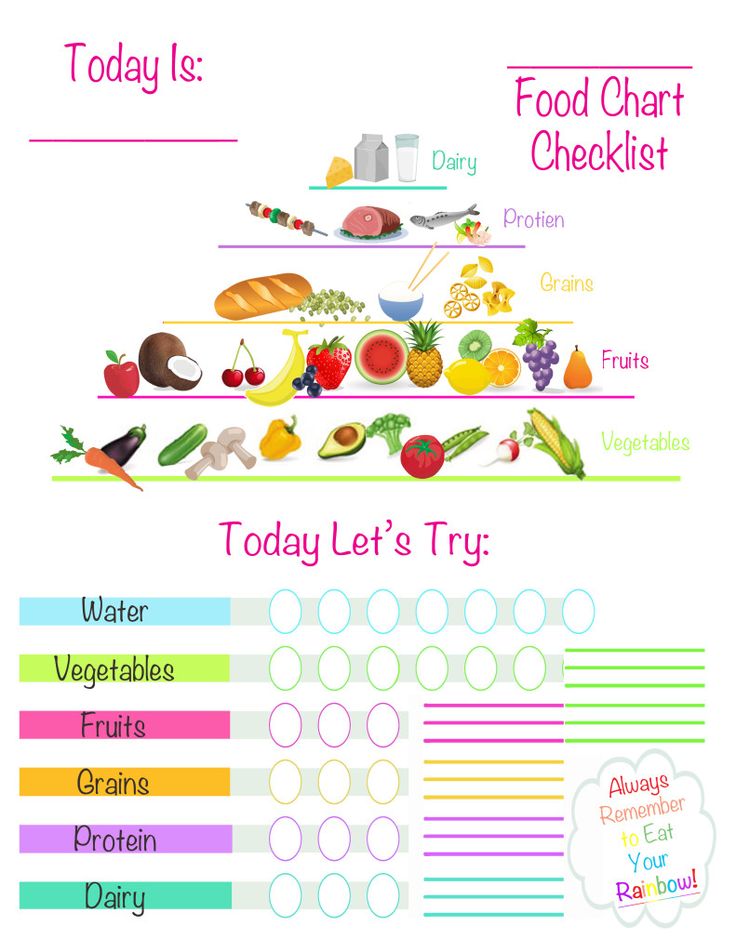 165. Recall that it will become the basis for the implementation of the new ambitious educational project of Mintimer Shaimiev and the Renaissance Foundation. On the eve of Knowledge Day and the beginning of the academic year, BUSINESS Online talked with Shamsutdinov about who and how will be taught in his multilingual school.
165. Recall that it will become the basis for the implementation of the new ambitious educational project of Mintimer Shaimiev and the Renaissance Foundation. On the eve of Knowledge Day and the beginning of the academic year, BUSINESS Online talked with Shamsutdinov about who and how will be taught in his multilingual school.
“There are five languages that I am fluent in. I can speak two more." Photo: Vasily Ivanov
“ONE SHOULD FEEL YOURSELF “TO THE ROOT OF THE NAILS” A TATAR”
— Aidar Ildarovich, you are the director of a polylingual school, but how many languages do you know yourself?
- Anyone who studies languages understands that the degree of proficiency is different. There is a so-called advanced level of knowledge, when you read, write in this language, you do not need dictionaries, although we sometimes resort to them, even if we speak our native language.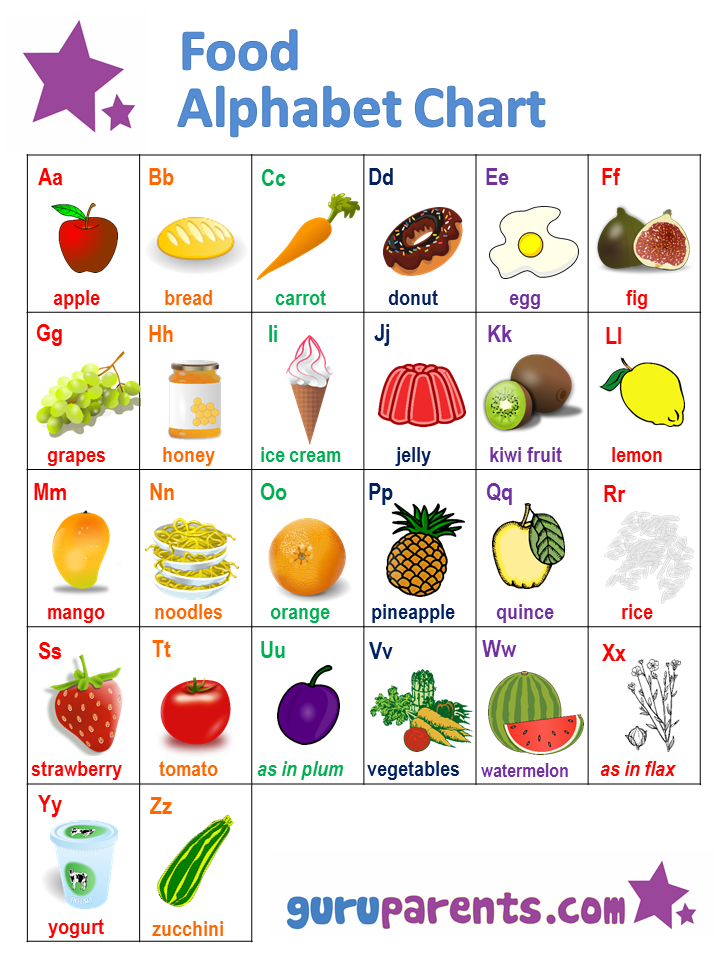 So, there are five such languages that I am fluent in. I can explain two more.
So, there are five such languages that I am fluent in. I can explain two more.
- The idea of creating multilingual schools belongs, as you know, to the first president of Tatarstan, Mintimer Shaimiev. Why was your school - number 165 of Kazan - chosen as the base?
— First of all, I want to sincerely thank the leadership of the republic and personally Mintimer Sharipovich Shaimiev for their trust.
I think that the decision to choose our school was made after analyzing our activities. All these years we have been working in a multilingual format, that is, we have been fulfilling the mission of a multilingual school. Back in 2002, in the finals of the "Teacher of the Year - 2002" contest, where I became the winner, I defended just such a concept. Our school with the Russian language of instruction has always been focused on introducing children to the study of the native language of the republic and in-depth study of English. We began to try to teach some subjects in different languages, in addition, the educational work of the school is also organized, it is built on educating children in respect and love for their native language, as well as for the native language of their classmate.
“I want to sincerely thank the leadership of the republic and personally Mintimer Sharipovich Shaimiev for the trust” Photo: shaimiev.tatarstan.ru
- When Shaimiev announced that he would take up a new educational project, he said that 80 percent of the students in your school speak Tatar. This is true?
— Yes, it is. It all starts with the director's careful attitude to the Tatar language. You need to feel, as the English say, up to the end of your thinkos - “to the root of your nails” as a Tatar. When you feel like this, you stand up for it. Our school organizes English language courses for Tatar teachers, which I teach. Why are we doing this? I am convinced that by studying English, teachers of the Tatar language improve their linguo-didactic skills. When they see how the headmaster of their school forms the stages of the formation of a monologue in English, they discover a lot of things for themselves and, inspired, do their job. We have always tried to create such an environment as much as possible.
We have always tried to create such an environment as much as possible.
In addition, the school has created the Linguistic Encyclopedia project. It is designed in such a way that children understand the importance of learning languages: Turkic, Slavic, Germanic. The project includes statements by famous scientists, writers and public figures about the Tatar language. We also have the Yashel Yar Tatar Theater of Teachers, which annually gathers full assembly halls for the premiere so that parents can come and see the anthem for the glorification of the Tatar language, which comes from our teaching staff, despite the heavy workload of teachers. When parents see and hear all this, they are imbued with such an idea. Once again I say, for this you need to be a great champion yourself.
— But nevertheless, there are parents who want their children to go to your school, but do not learn the Tatar language?
- In accordance with the law, each parent himself determines the native language that his child will learn.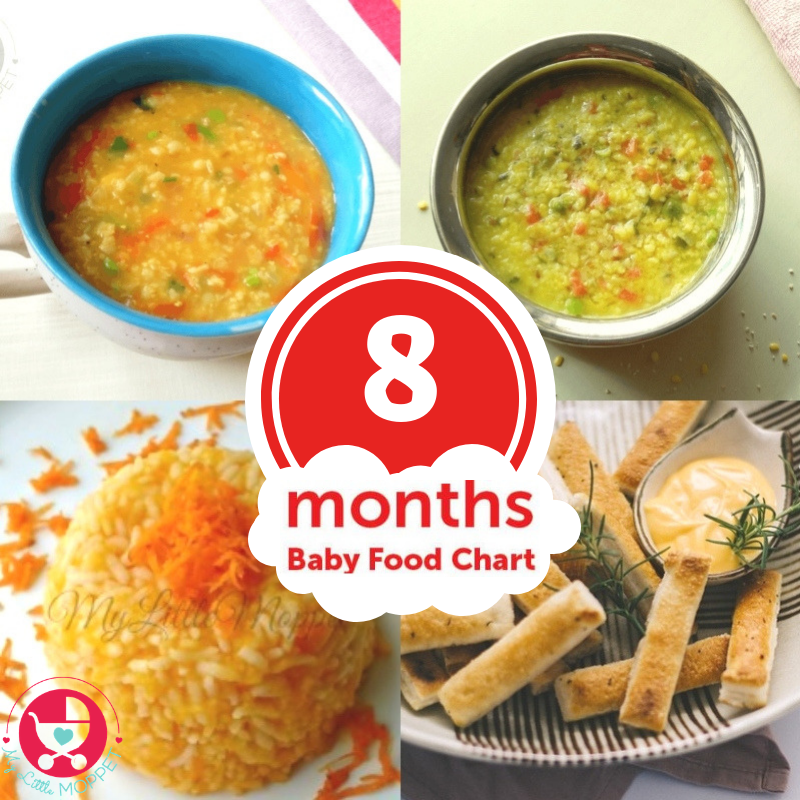 However, many parents, sharing the philosophy of the school, choose to study Tatar as the state language as part of the study of their native language. Nevertheless, about 20 percent of children learn Russian as their mother tongue. It is gratifying that parents share the position of our school - respect for each other. Until we know each other's languages, there will be no need to talk about any multicultural society of consent.
However, many parents, sharing the philosophy of the school, choose to study Tatar as the state language as part of the study of their native language. Nevertheless, about 20 percent of children learn Russian as their mother tongue. It is gratifying that parents share the position of our school - respect for each other. Until we know each other's languages, there will be no need to talk about any multicultural society of consent.
"Many parents, sharing the philosophy of the school, choose to study Tatar as the state language as part of the study of their native language" Photo: BUSINESS Online
“I SPEAK WITH MY STUDENTS IN GENERAL OR ENGLISH OR TATAR”
— It’s no secret that in Tatarstan most often a student, even after studying the Tatar language for 11 years, as a result cannot even explain himself in it. Why is this happening?
- This problem also worries me all the time.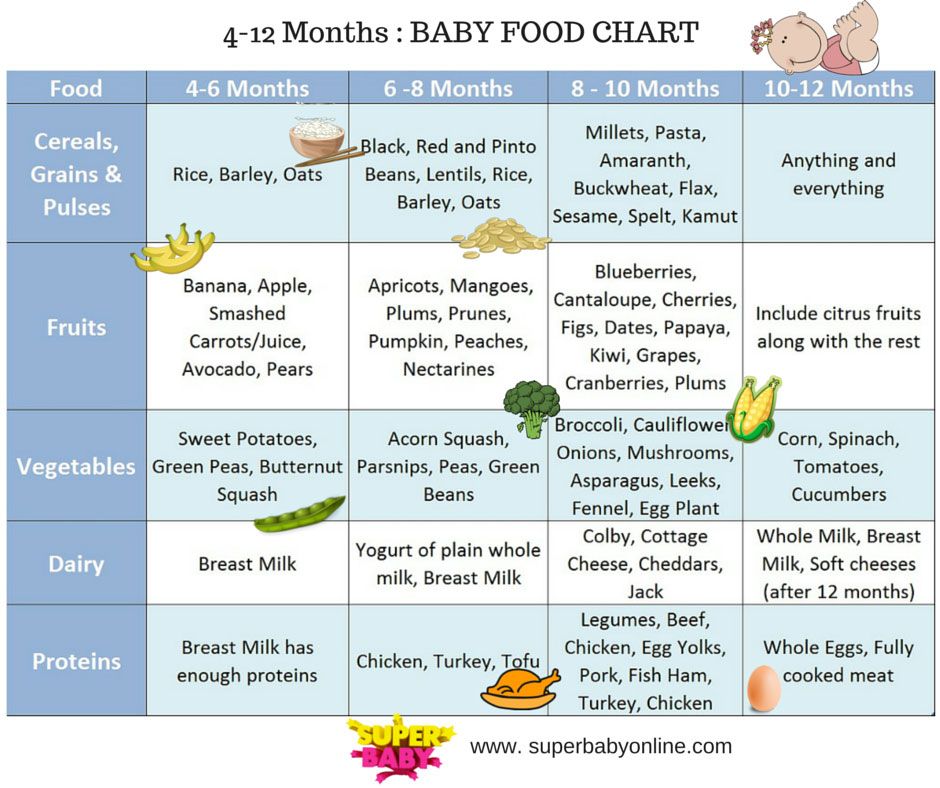
- At the same time, as it seems, things are much better with English.
— The history of teaching English in Russia as a foreign language began at the end of the 19th century. A whole methodological science was at work, I cannot say, for example, that in the 20s and 30s of the 20th century they were brilliant at teaching English. We probably always go through certain stages of evolutionary development.
The Tatar language as a foreign language appeared among us in Tatarstan, unfortunately, relatively recently in historical terms, two or three decades ago. Therefore, of course, there were gross linguodidactic mistakes here, which, unfortunately, did not take into account the specifics of teaching. Those textbooks of the Tatar language that were created first, after all, were not written by specialists in foreign language communication, so there really are some mistakes in this regard, hence the rejection on the part of the students.
At the moment, we, in the republic, have a relatively good educational and methodological package. There was a textbook "Salam" for Russian-speaking schoolchildren. We use it very well in teaching children, because it is built on other principles of work and, accordingly, greatly contributes to the formation of a positive attitude towards the Tatar language among Russian-speaking children. Another result is achieved.
There was a textbook "Salam" for Russian-speaking schoolchildren. We use it very well in teaching children, because it is built on other principles of work and, accordingly, greatly contributes to the formation of a positive attitude towards the Tatar language among Russian-speaking children. Another result is achieved.
I repeat: unfortunately, if we analyze the textbooks of past years, there is no logic of language formation at all. Today, one text was worked on, if the text is interesting, tomorrow it was not fixed, it turned out that there was a different vocabulary ... This spontaneity killed interest in the language.
"Unique happiness - to read the book in the original" Photo: Vasily Ivanov
- In Soviet times, we also could not learn English. They forced me to cram, as it seemed, completely unnecessary things, some kind of Present Perfect or Present Perfect Continuous.
- You know, we still insist on doing this, because without it you cannot know English. There were two types of schools in the Soviet Union. Firstly, a mass school that taught English using textbooks alone, the task of which was to teach them to speak English with a dictionary. And, secondly, there was an elite English school teaching subjects in English, whose graduates came out with a good knowledge of the language. Therefore, where you got to, you got such a level at the right time. Now, of course, the level of English proficiency among children is completely different.
— And what languages do you speak with your students?
- This is a very important point. Since there are more than enough native Russian speakers, I speak with my students either English or Tatar. And without a twinge of conscience I can reproach if someone does not speak Tatar with me at the proper level.
Let's go back a little. What is the subject "Tatar language" in the Soviet school? He was our seventh lesson or zero, twice a week at best. When we once came in the 7th grade to the Arabic language courses, they were taught by a teacher who graduated from the philological faculty, where they had an additional specialty - “oriental language”. She said when we came to her: "Aidar, children, first you learn your native language well, and only then I will teach you Arabic." You see, this was a very important phrase for a 13-year-old boy, which made him overestimate his attitude towards the Tatar language. If before this age I had such a primitive Tatar language, then purposeful work on the language began, and it continues. As soon as we get into the car, I go to school with the children, we have endless listening to Tatar performances or audio books.
When we once came in the 7th grade to the Arabic language courses, they were taught by a teacher who graduated from the philological faculty, where they had an additional specialty - “oriental language”. She said when we came to her: "Aidar, children, first you learn your native language well, and only then I will teach you Arabic." You see, this was a very important phrase for a 13-year-old boy, which made him overestimate his attitude towards the Tatar language. If before this age I had such a primitive Tatar language, then purposeful work on the language began, and it continues. As soon as we get into the car, I go to school with the children, we have endless listening to Tatar performances or audio books.
“We designed the curriculum exclusively for our needs” Photo: kzn.ru
“THE BEST STRATEGY FOR THE PROTECTION OF REGIONAL LANGUAGES IS THE DEVELOPMENT OF MULTILINGUAL EDUCATION”
— Is there any difficulty with this now?
- Now there are tens or hundreds of books in the purest literary Tatar language on the Internet, and we need to work on this.
This does not mean that we do not have an equally careful attitude to the English language. Every time I read in English, I understand that it is a unique happiness to read a book in the original. This year in 11th grade, the last book we read was a very complex novel by postmodern writer John Fowles, The French Lieutenant's Mistress. The Encyclopedia of Victorian England is a difficult English language, but the children read in the original for more than six months, then my own daughter, an 8th grader, read. This means that we are not working in vain, we are really forming such a broad personality.
I can say that when I read a novel in Turkish, I also feel joy, for me it is a very native language, so today's person is in the 21st century ... Just the other day I was on the Efir TV channel, and a certain viewer suggested putting such an artificial cordon, curtain, supposedly as soon as we join other languages, we do not raise a patriot. Yes, for God's sake, I am a patriot of Russia, but above all a patriot of Tatarstan to the core. I am convinced that love for the motherland begins with love for one's own republic. But at the same time, when you open horizons and give your child many languages, you form a versatile personality.
I am convinced that love for the motherland begins with love for one's own republic. But at the same time, when you open horizons and give your child many languages, you form a versatile personality.
The European language standard already assumes that every resident of the European Union must speak at least two languages, and there is no other way. The society is very global, we all interact, and today you have to freely move from one language to another, all this is done very quickly. Back in 1993, I love to remember it, UNESCO declared that the best strategy for protecting regional languages was the development of multilingual, multilingual education. Because, on the one hand, it makes their native language attractive, on the other hand, it enables the child to be competitive in the world.
— Is the Tatar language program in your school the same as in the national one?
- No, we didn't do it, like in the Tatar school, now there are no curriculum options that were before.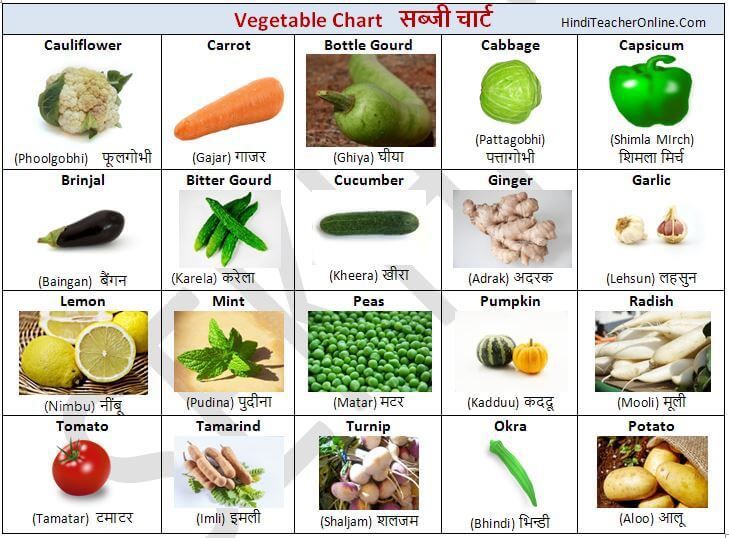 We designed the curriculum solely according to our requests. Three hours a week are allotted for studying the Tatar language in bilingual classes. In multilingual classes, we provide four to five hours of Tatar per week.
We designed the curriculum solely according to our requests. Three hours a week are allotted for studying the Tatar language in bilingual classes. In multilingual classes, we provide four to five hours of Tatar per week.
— Parents themselves choose?
— Yes, parents themselves choose the trajectory — bilingual or multilingual.
“The school we are currently in will be restored as an elementary school, there will be a bilingual school nearby, a multilingual building on Bondarenko Street, there is also a campus” Photo: Vasily Ivanov
“THE SCHOOL SHOULD BE TASTY, HEALTHY, HALAL, BECAUSE SOME MODERN MOTHERS CANNOT EVEN KNEW DOUGH”
— How can I get into your school?
- The school we are currently in will be restored as an elementary school, there will be a bilingual school nearby, a multilingual building on Bondarenko Street, and a campus there. We are laying more student places than our microdistrict needs today. So that you, as a parent who shares the idea of multilingual education, have the opportunity to come from other regions of Kazan and study with us together.
We are laying more student places than our microdistrict needs today. So that you, as a parent who shares the idea of multilingual education, have the opportunity to come from other regions of Kazan and study with us together.
- Will the polylingual school start working in 2020?
— Already this year we are implementing a multilingual school program. We recruited the first three multilingual classes, which will be taught in Tatar and English. This is how it happens for us.
“We are laying more student places than our microdistrict has today” Photo: Vasily Ivanov
— What are the criteria for selecting students?
- We have a law of the Russian Federation on education, respectively, admission to the first class is done primarily at the microdistrict level, I have already said that we assume that there are more places than local residents need.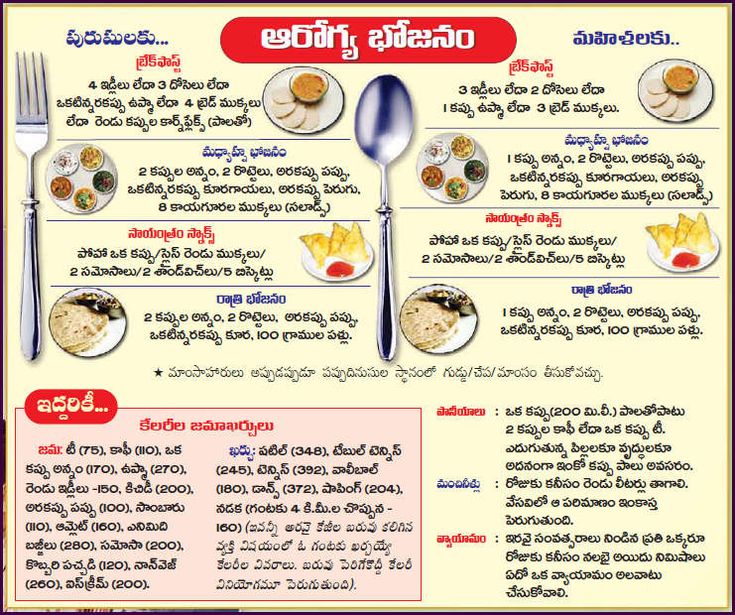 Therefore, you need to come to us, share our philosophy of love for languages, be a true patriot of Russia and the world as a whole, but above all, of your native Tatarstan. Then we will say in English: Welcome!
Therefore, you need to come to us, share our philosophy of love for languages, be a true patriot of Russia and the world as a whole, but above all, of your native Tatarstan. Then we will say in English: Welcome!
- But what if there are more applicants than places in the school?
- The Law on Education does not imply selection criteria for admission to the first class. But in 2020, we will conduct selection for grades 2-7. Accordingly, criteria requirements will appear on the school website. I repeat, according to the law, we do not have the right to conduct tests in the first class.
- If a parent does not need any Tatar or English, will you take his child?
- I always have a general education class in parallel for those parents who have different educational needs. Not everyone needs to be Einsteins, writers, and not every child will pull it off. Very often there is such a thing: for example, a child has studied in a general education class for four years, and then both the teacher sees and the parents understand that he has potential.
“You need to come to us, share our philosophy of love for languages, be a true patriot of Russia and the world as a whole, but above all, of your native Tatarstan. Then we will say in English: Welcome!” Photo: Vasily Ivanov
- Will knowledge of the language be important when selecting, say, 6th or 7th grade?
— Of course, often people come to us from other schools. We have such a powerful filter, if this is not the first class, there is an interview with the teacher, with the head of the English department and with me in English. It is assumed that the student should already have competence in English. Our first graders are already fluent in English.
— Do you only speak Tatar and English, or do you study other languages as well?
- As additional services, we teach Spanish, Turkish, Chinese, Arabic will be.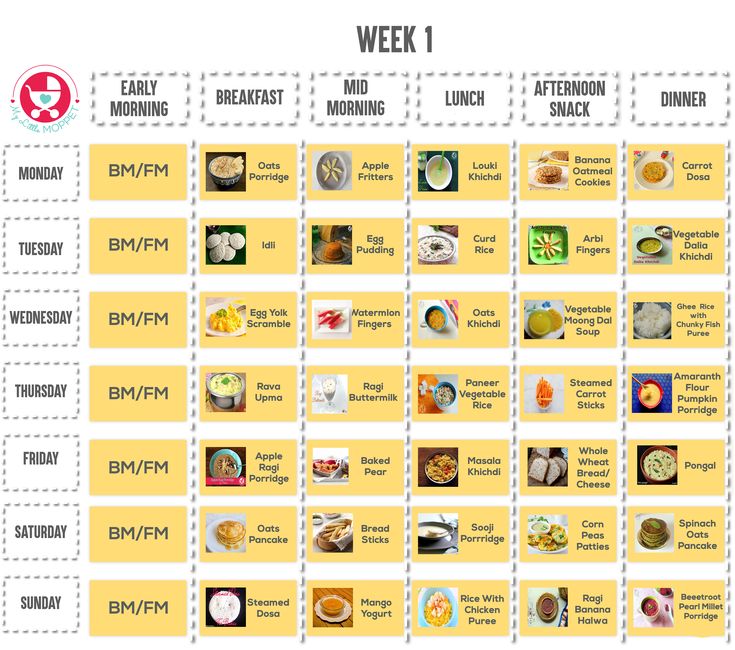
- Will there be a school bus for children from other areas?
- The multilingual building will be located just a two-minute walk from the Kozya Sloboda metro station. When Mintimer Sharipovich chose a site, he also analyzed transport accessibility. We have not yet thought about the school bus, for this we need to see the logistics.
— Will the school meals be halal?
- We always eat halal at school. This is very important for us, because the children are of completely different nationalities, so the entire school menu follows the halal standard. No questions arise, all my Russian-speaking friends buy beef in halal stores. My position is that school should be tasty, healthy, halal, because some modern mothers don’t even know how to knead the dough, and the child should still know the taste of freshly baked echpochmak.
“It is necessary to introduce the child to the printed word, because in the printed text we see all the richness of the language that the writer has invested” Photo: Vasily Ivanov
"THE MOST HORRIBLE THING IS WHEN THERE IS AN AMATEUR TALK"
— Let's get back to the method of teaching the Tatar language.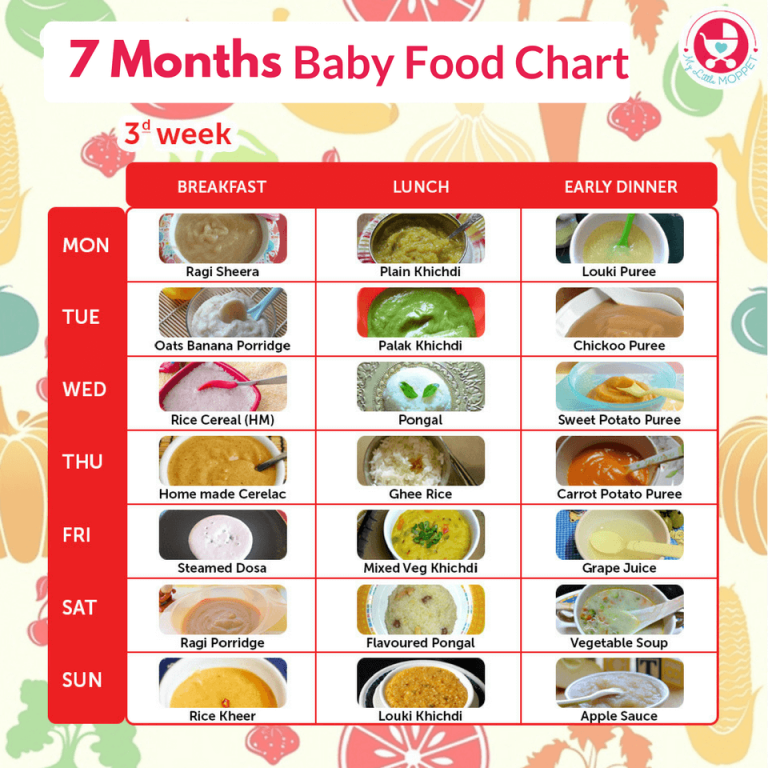 Here, too, you can often hear that you need to stop torturing children with grammar, and engage in colloquial speech.
Here, too, you can often hear that you need to stop torturing children with grammar, and engage in colloquial speech.
- The most terrible thing is when there are amateurish conversations. I believe that speech dialogues, in fact, are of interest only at the initial stage of learning, and then, in order to teach a language, you need to teach a whole volume of literary language, and here you can’t do without modality, or without boring retellings of texts, or without homely plentiful reading in this language. It is necessary to introduce the child to the printed word, because in the printed text we see all the richness of the language that the writer has invested.
The same thing with the Tatar language: when I read in Tatar, I enrich myself all the time, I’m not Ayaz Gilyazov or Amirkhan Eniki, I wasn’t brought up in the village, I don’t know all that phraseological richness with which they grew up from childhood. But when I work with printed text, I absorb it all.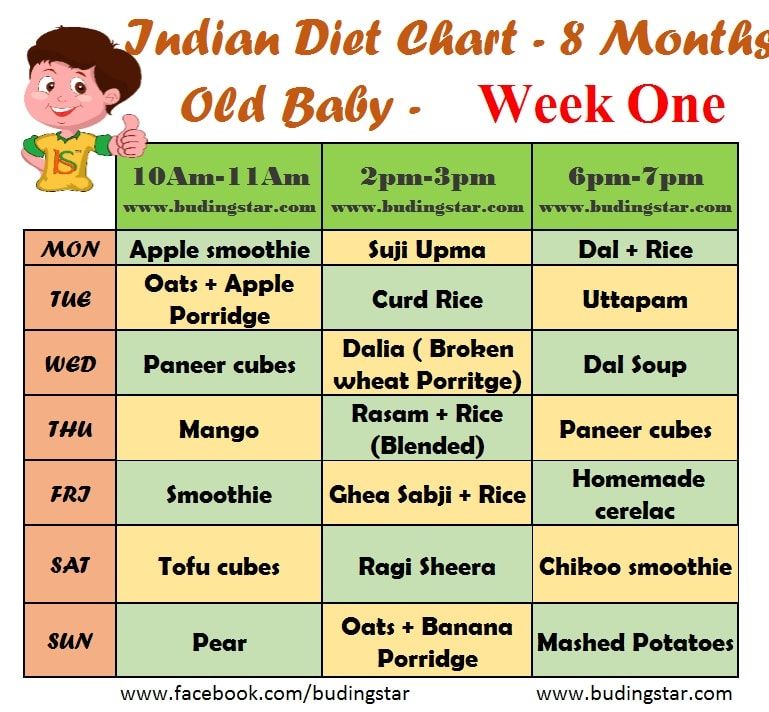 I work as a linguist. The student does the same when he reads in the original of the book, then he joins this language. And a good level of multilingual language proficiency implies that a person never translates from one language to another.
I work as a linguist. The student does the same when he reads in the original of the book, then he joins this language. And a good level of multilingual language proficiency implies that a person never translates from one language to another.
- Does he think on it?
- He thinks in this language, of course. Maybe the language is the dominant of thinking, but when I speak the Tatar language, I never make a tracing-paper translation from Russian into Tatar, but am based on that corpus, the experience of the Tatar language, which sits in my brain. Accordingly, if I speak English, I also know that standard. For example, I will take the idiom takedown a peg - to knock someone down, you can’t make a literal tracing paper.
How many books I have read in Turkish, this is the Turkish I speak. In Arabic, for example, I read few books, respectively, and I speak little, I read a lot of books in English, so I speak fluently. The level of multilingualism in a person depends on how a person has worked with the language.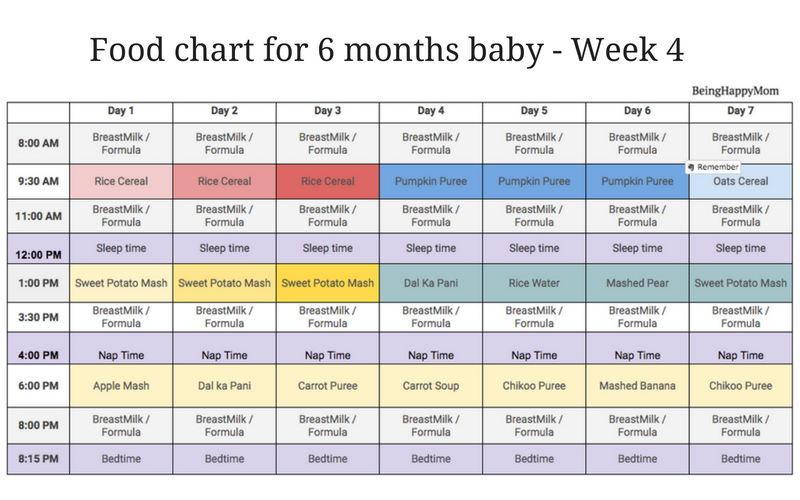 Yes, it is very difficult, but who said that learning a language is easy?
Yes, it is very difficult, but who said that learning a language is easy?
— How will the subjects taught in English or Tatar be distributed?
- This is also an amateurish question. Firstly, we look at the capabilities of teachers, and secondly, the value of a lesson in terms of language can be different. For example, in a Soviet school with teaching in English, one of the first subjects that began to be taught in English was the geography of continents and continents. Why? Because this is the subject on which a large vocabulary has already been formed in a child by this age, here it is easiest to start studying in the language, here a very large scientific vocabulary is formed in a child. I advocate that history and social science be taught to a Tatar child in the Tatar language, because our vocabulary contains a large layer of socio-political phrases, expressions, this is the subject that forms a very large layer of the language.
But chemistry - how much will it form in terms of language development in a child? No, especially when he solves chemical equations, by and large nothing is formed there.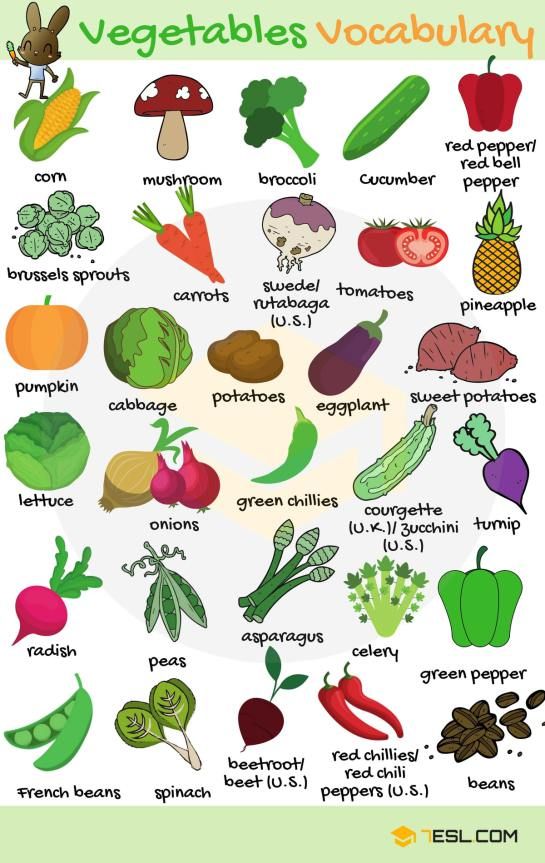 To the same extent, it must be understood that 90 percent of scientific research in the world takes place in English, and those who defend themselves are forced to print in English in order to have a publication in the world. The Russian language in this case is not competitive.
To the same extent, it must be understood that 90 percent of scientific research in the world takes place in English, and those who defend themselves are forced to print in English in order to have a publication in the world. The Russian language in this case is not competitive.
No matter how much we speak from the high stands, we unfortunately missed some positions, and therefore, based on this, we determine: in a bilingual school, the main language of instruction is Russian, in a multilingual school, the main language of instruction, not counting English, will be Tatar. But in a multilingual school, we also mean the parity of languages, that is, accordingly, there are subjects that are read in Russian, in Tatar and in English.
Educational work is organized in Tatar and Russian in all schools - bilingual and multilingual. It also provides for educational work in English, and now we are organizing in English, for example, the traditional holiday of first graders The ABC Party, the holiday of the primer.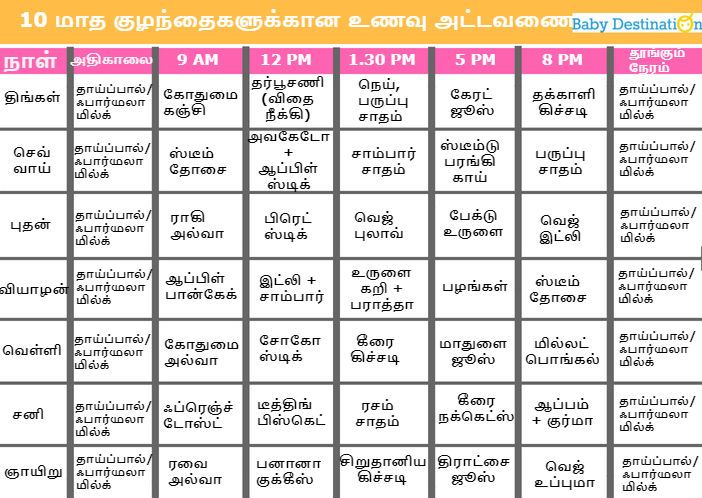 We always hold it in English, so that at the end of the first grade the children understand that they have come to an English school, so that parents can see that their children are staging in English.
We always hold it in English, so that at the end of the first grade the children understand that they have come to an English school, so that parents can see that their children are staging in English.
“There will be not only education in the national spirit, but also the development of national self-consciousness” Photo: Vasily Ivanov
"THE PERSON WHO DOES NOT HAVE A PROPER LANGUAGE IS TOTALLY ACCURATES AN INCOMPLETE COMPLEX"
— Will there be national education in your school?
— There will be not only education in the national spirit, but also the development of national identity. We have an extracurricular activity - "The Artistic Culture of Tatarstan". How can we imagine a Tatar intellectual if he does not know Tatar art? This is impossible. The child should know our history, art, literature, music.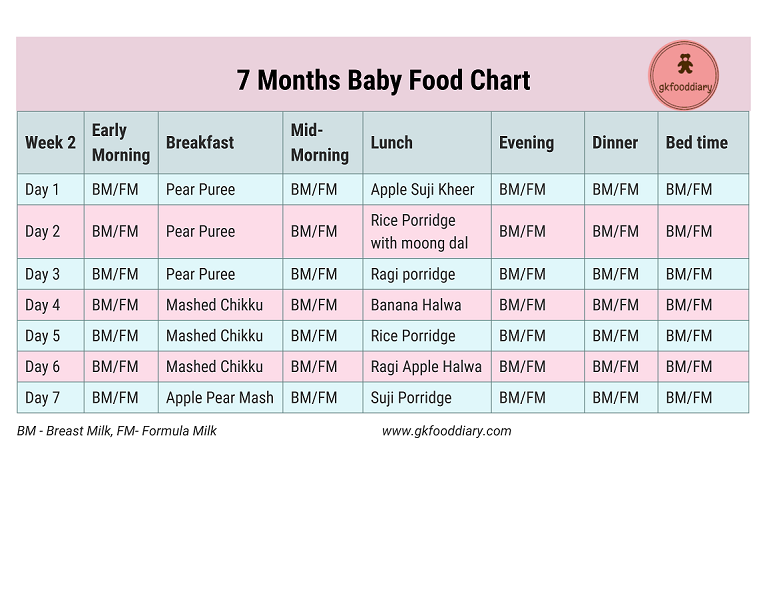 Now which of the Tatars knows all the operas of Nazhib Zhiganov? First of all, we must develop urban culture. One who does not know his history cannot be a true patriot. It is also envisaged that the subject "Philosophy of Consent" will teach children how to live in our multinational society, respecting each other. The main task of extracurricular lessons is the formation of national identity.
Now which of the Tatars knows all the operas of Nazhib Zhiganov? First of all, we must develop urban culture. One who does not know his history cannot be a true patriot. It is also envisaged that the subject "Philosophy of Consent" will teach children how to live in our multinational society, respecting each other. The main task of extracurricular lessons is the formation of national identity.
— In Kazan, there was a good experience of the so-called Tatar-Turkish lyceums. Take something from their experience?
- Of course, this is, by and large, also a multilingual school, but for gifted children. These are very interesting schools, I personally am friends with many directors.
- With the departure of the Turkish component from there, it seems that the level of these educational institutions has dipped ...
- I think not, not at all. We have the lion's share of Olympiads in the republic - students of these lyceums, and it is very difficult to enter there.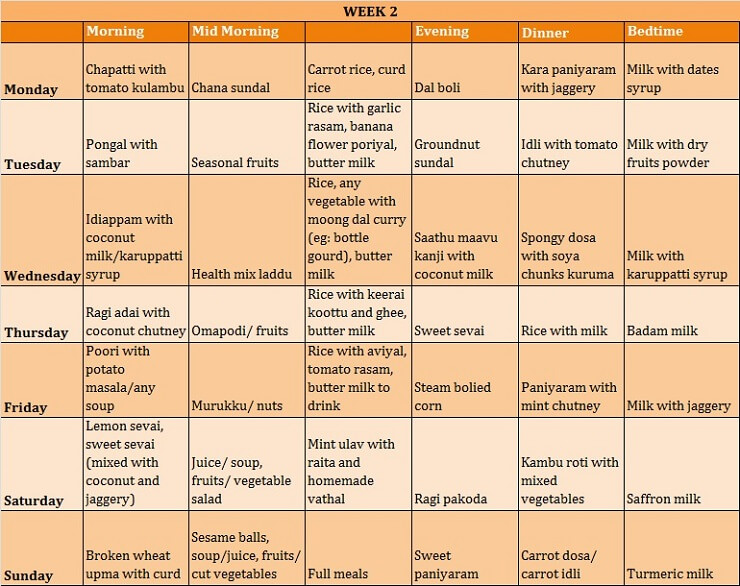
— Why do you think multilingual schools did not appear in Tatarstan 20 years ago?
- There is a time for everything.
- Do we have enough staff for poly-literal schools, because there will be many of them in the republic, judging by the plans of the state adviser of Tatarstan?
- I can’t answer for the whole republic, I’m just the director of one school. But we, at school, for example, have enough staff. We purposefully took people who speak Tatar and English. Now the federal university is developing a whole program for the training of bilingual staff, multilingual staff. In general, they often come, I’m not overjoyed: a young guy, a Tatar matur itep soylәshә, an intellectual, English is also at a high level and you think: “Such nuggets of our people continue to be born!” The Lord makes these talents appear on their own. My task as a leader is to support this young man, to inspire him. There is no turnover at our school, we treat young staff very carefully.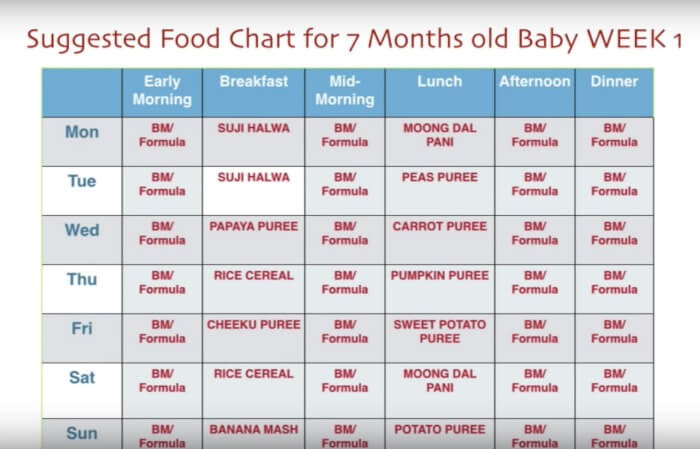
- Then pay your teachers well.
- Our salaries are standard, but we also provide paid educational services - just like many schools. Accordingly, many teachers have off-budget additional income.
“I monitor: judging by social networks, there are enough defenders of the Tatar language” Photo: BUSINESS Online
- They say that the Tatar language is not in fashion now, do you agree with this?
— No. Just today a child came to school, I asked the question: “Do you speak Tatar at home?” There were two families, both answered that yes, of course, they were talking. This is a fundamental position. They say they keep it. I don't think anyone wants to lose their national identity. A person who does not speak the language properly, by and large, has an inferiority complex. Now very often among Tatars who do not speak the literary Tatar language, this inferiority complex manifests itself. He motivates them and forces them to take some action in this direction. I monitor: judging by social networks, there are enough defenders of the Tatar language.
He motivates them and forces them to take some action in this direction. I monitor: judging by social networks, there are enough defenders of the Tatar language.
- But at the same time, many complain that even in the Tatar kindergarten the environment is Russian-speaking.
- Recently, when I was picking up a child (and our youngest daughter goes to the Tatar group of the kindergarten), I noticed that there the children speak Russian to each other. And the teacher, unfortunately, switched to Russian with them, although there is not a single Russian child in the group. The issue is very complex, it cannot be solved within one day. Everything depends on the desire, including both the child and the parents.
When I was a class teacher at Kazan school No. 68, there was a Russian boy in my class. His parents sent him to a Tatar kindergarten, then to a class where subjects were taught in the Tatar language, and by the end of the 11th grade, he spoke the Tatar language fluently, without an accent, even sang to the harmonica "Oh, almagachlarym.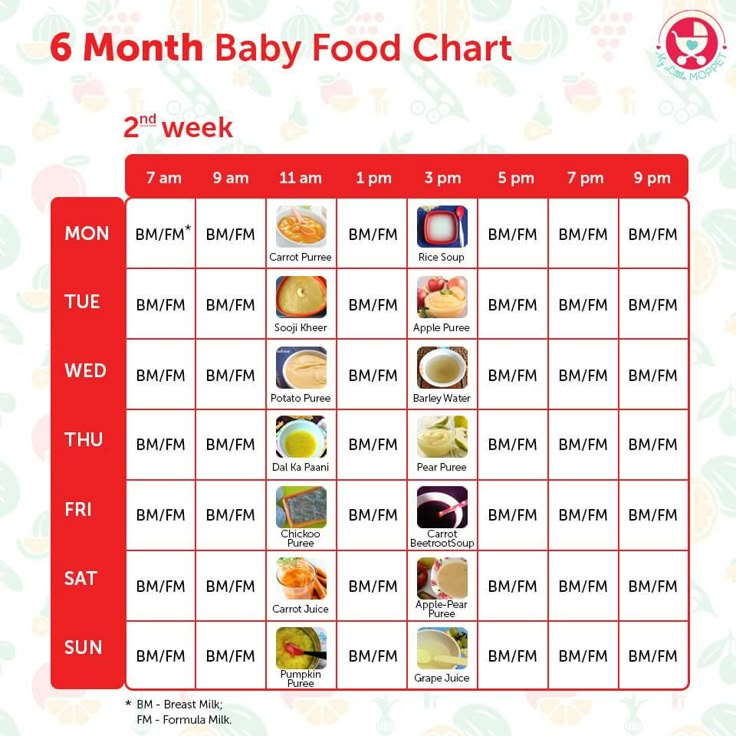 " But for this you need to work.
" But for this you need to work.
404 Page not found
- About the university
- University structure
- Charter
- License with applications
- Additional education
- Workers union
- Video Gallery
- Photo Gallery
- Graduates
- Library
- Pool
- Botanical Garden
- Information about the educational organization
- Applicant
- Admissions office
- Admissions news
- Admission 2023.
